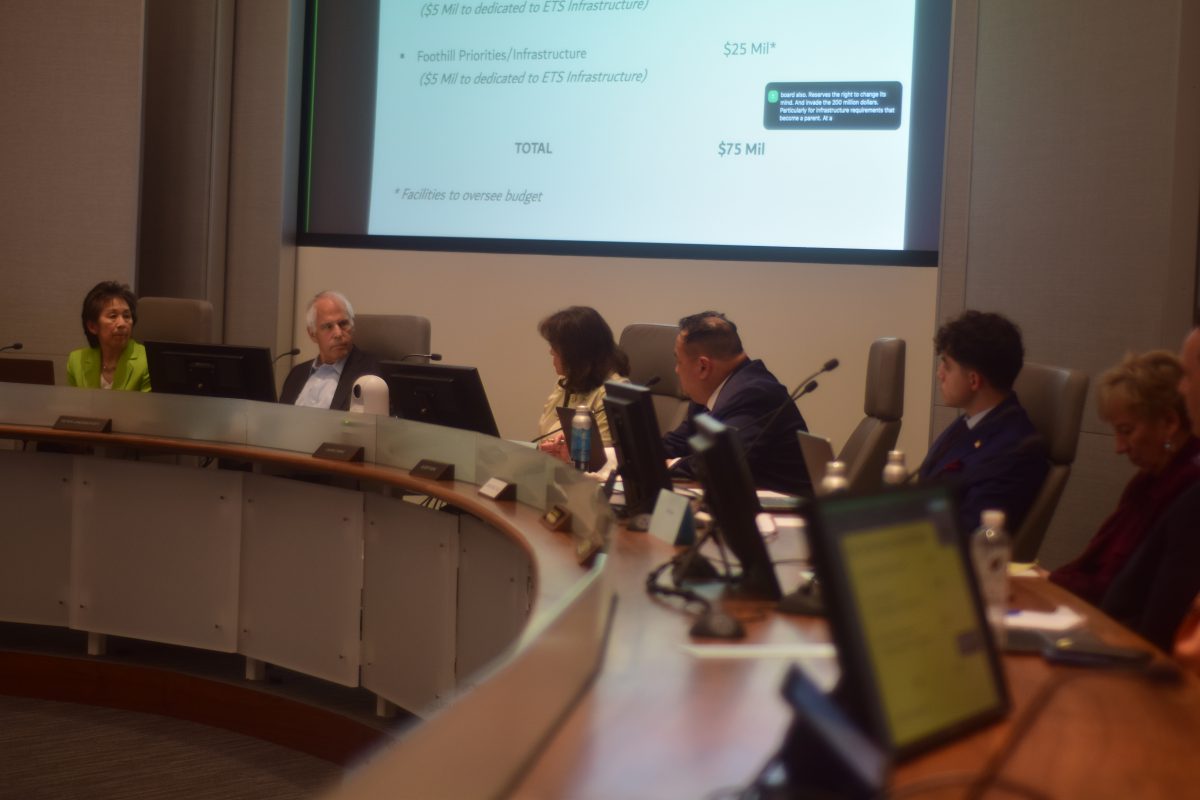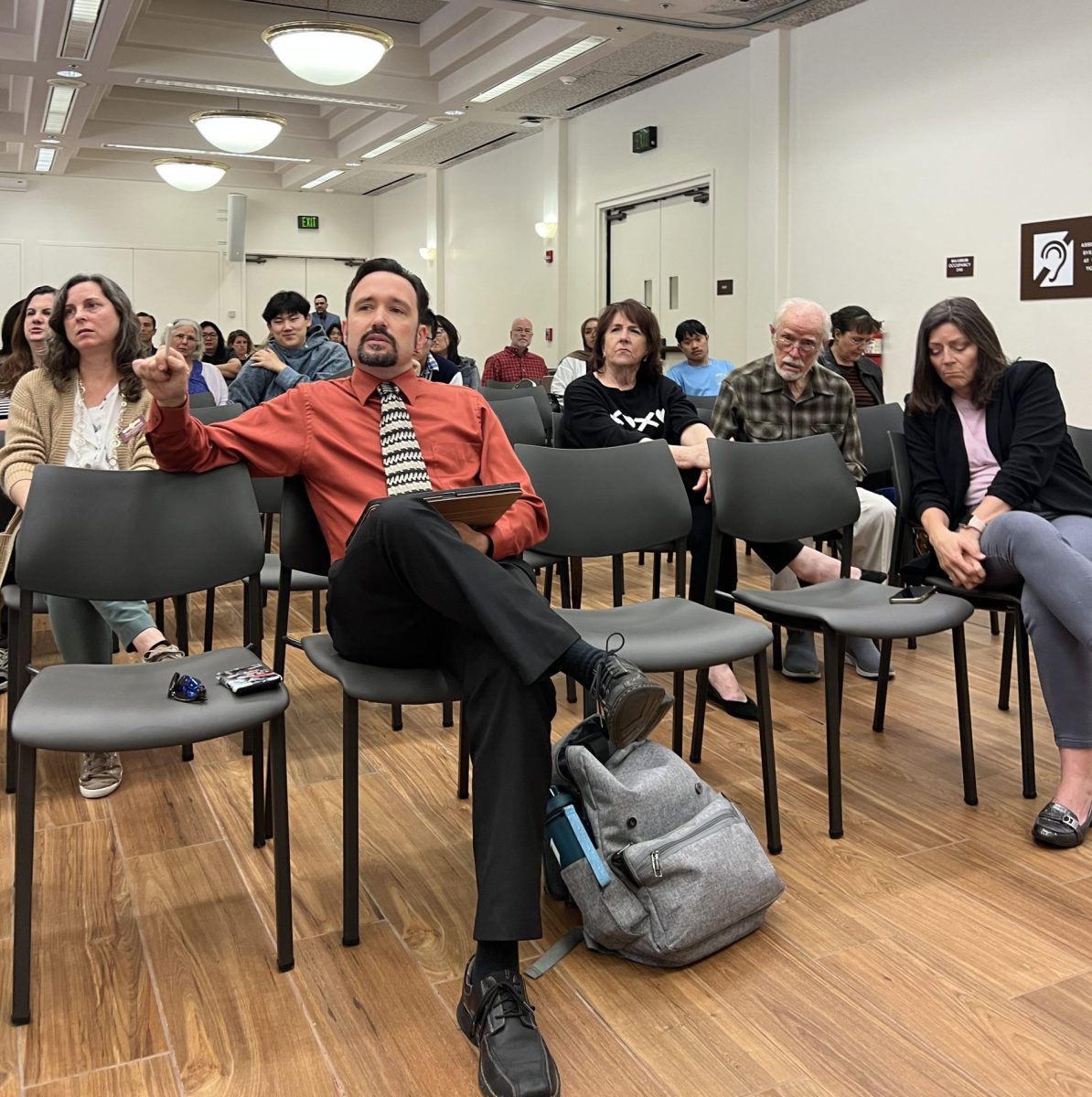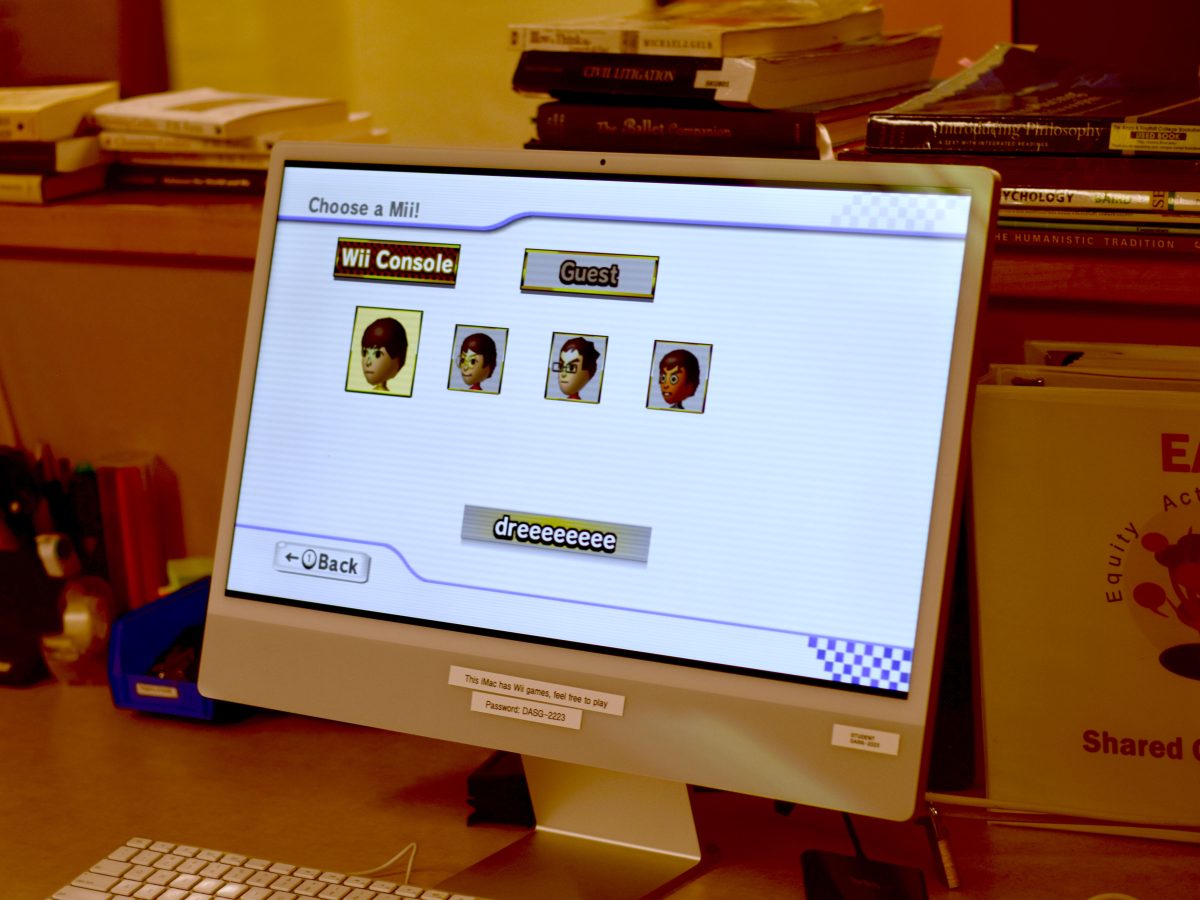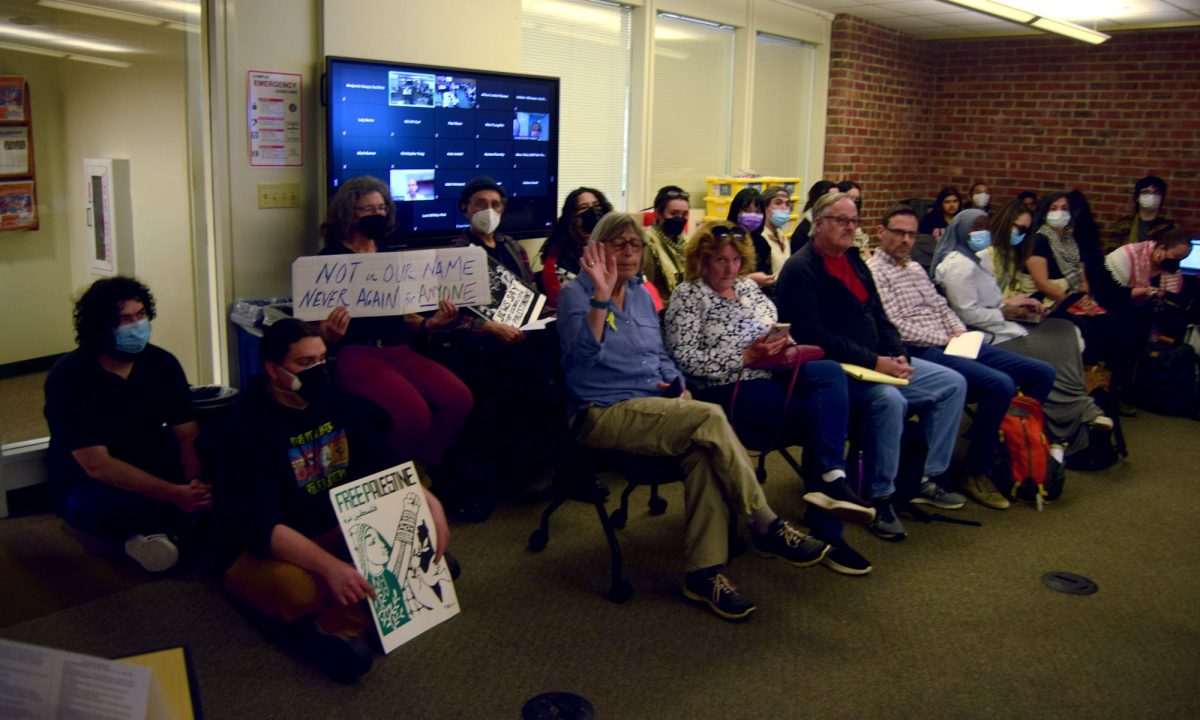Two weeks ago, note-selling service NoteUtopia was ordered to cease and desist by the California State University system, according to the Sacramento Bee. Prior to the notice, students could buy and sell their notes for a fixed price. However, the sale of notes is what prompted a cease and desist letter from the CSU system; it is against California public educational code, which applies to all UCs, CSUs and Community Colleges in California, for parties to distribute or share notes for profit. While this still stands, it is ultimately up to the college to pursue action against such companies.
NoteUtopia founder Ryan Stevens said that his company will continue to operate as long as they do not profit from the exchange of students’ notes.
“Notes only help you so much. I can read a whole page of notes and not get anything,” business major Jeffrey Moon said.
However biochemistry major Adrian Leelin said he would purchase notes “if everyone told me I needed it.”
Sites similar to NoteUtopia include Koofers and Cramster. Koofers aggregates such items and notes from public universities and makes them available to students for free. Cramster focuses on providing students with a homework-help type of service for a monthly fee of $12.50 for the full package, or $8.33 a month for the standalone package of either textbook solutions or expert answers.
Pari Cuttari, a student at De Anza, shares her Cramster account with 10 other people, all of whom use it to help them understand difficult or confusing concepts in calculus. She stated that she was well aware of how such a service could be abused by “people who don’t want to do work.” However, she also mentioned how it could be of great help to someone stuck on a specific concept or problem.
Paul Setziol, secretary and treasurer of the De Anza Academic Senate, said that such sites have never posed a serious problem for the senate. He said while websites like Cramster or Course Hero may help some students, they can also pose a risk by “multiplying the problems of one person” by passing on an incorrect answer for the right one, preventing the student from “developing [the] skill of critical thinking.”
According to Setziol, the best advice that he can give instructors is to incorporate a new test every two years or use short-answer and essay questions instead of multiple choice.








